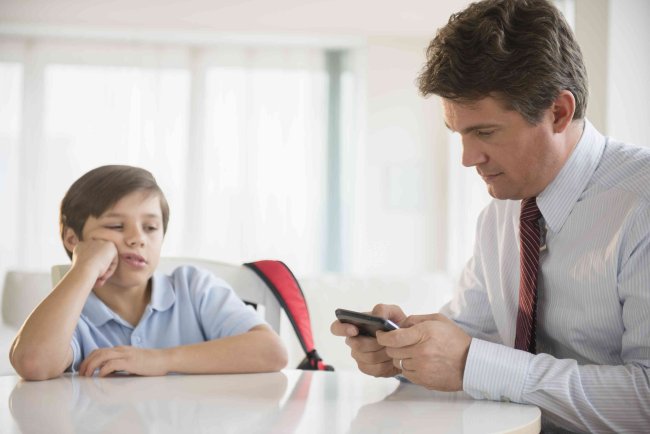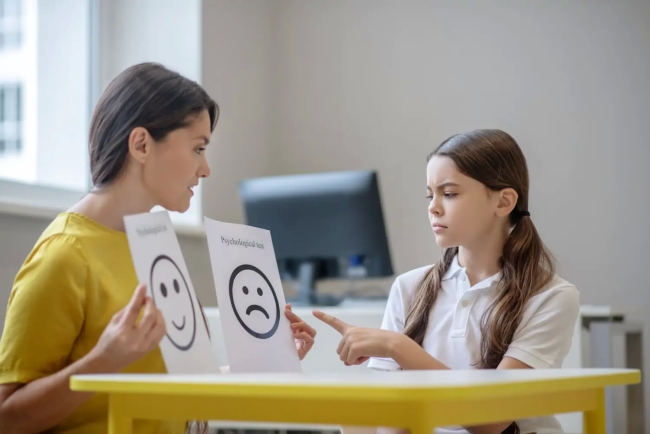Swimming Lessons Save Lives: What Every Parent Should Truly Know
There’s something magical about water: the sparkle of sunlight on a pool, the laughter of kids splashing, the quiet calm of a lake on a summer day. But beneath that beauty lies a sobering truth: water can be deadly if we don’t respect it.
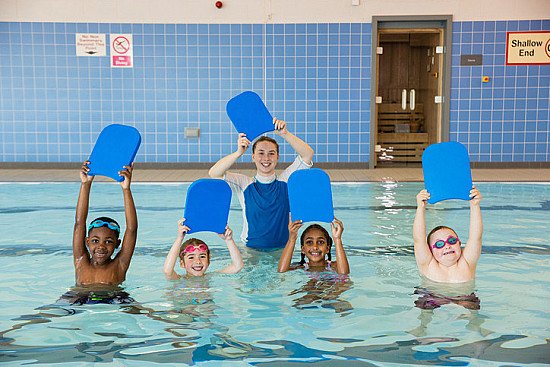
Every year, more than 4,500 people drown in the United States, and heartbreakingly, drowning remains the leading cause of death for children ages 1 to 4. These aren’t just statistics, they're stories of families forever changed.
The good news? Swimming lessons save lives. Not by turning every child into an Olympic athlete, but by teaching them the basic survival skills that matter most: how to stay calm, float, tread water, and reach safety when seconds count.
10 Essential Things Parents Should Know About Swimming Lessons
1. Age matters but so does readiness.
Most kids aren’t developmentally ready to truly learn to swim until around age 4, when they can listen, follow directions, and remember safety cues. But that doesn’t mean earlier lessons are pointless. Some toddlers show early readiness, and between ages 1 and 4, they can still benefit from getting comfortable in water and learning basic self-rescue techniques.
2. Early lessons build confidence, not just skill.
Even if your child isn’t swimming laps yet, early exposure helps them feel safer and more relaxed around water. A toddler who learns to splash, kick, or float gains not just ability but confidence and that’s a skill that can save their life later.
3. Safety isn’t assumed, it's verified.
Never take a pool’s safety for granted. Check it yourself.
The area should be clean, well-maintained, and properly staffed. Lifeguards should be present and separate from the teachers. Barriers or ropes should clearly mark deep-water zones, and lifesaving equipment must be visible and ready to use.
If something feels off, trust your instincts and find another facility.
4. The instructor makes all the difference.
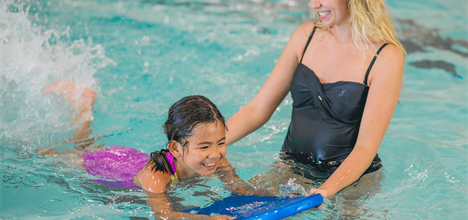
A good swim teacher isn’t just someone who can swim, they're someone who understands children.
Ask how instructors are trained and who certifies them. Programs backed by trusted organizations like the Red Cross or YMCA ensure a consistent, safety-first approach that balances fun with focus.
5. Small class sizes save lives.
When it comes to swim lessons, smaller is better. Young children or beginners should be within arm’s reach of their teacher at all times. As kids gain skills, groups can get a bit larger but never so big that supervision becomes impossible.
6. There should be structure, not guesswork.
A high-quality swim program has a clear curriculum.
It should take your child from basic water comfort to confident swimming through step-by-step progression. There should also be regular skill assessments and transparent plans for advancing through levels.
7. Parents should have eyes on the process.
Even if you’re not sitting poolside the entire time, you should be able to observe part of your child’s lesson either at the start or end. Many pools have observation decks or windows. Watching helps you stay informed and reassured, while giving your child that extra sense of support.
8. Floaties aren’t the enemy if used wisely.
Flotation aids like bubbles, kickboards, or vests can be helpful when used intentionally.
They give new swimmers confidence and promote correct body position, but they shouldn’t become a crutch. The goal is always to build independence, not reliance on gear.
9. Fear of water is natural and conquerable.
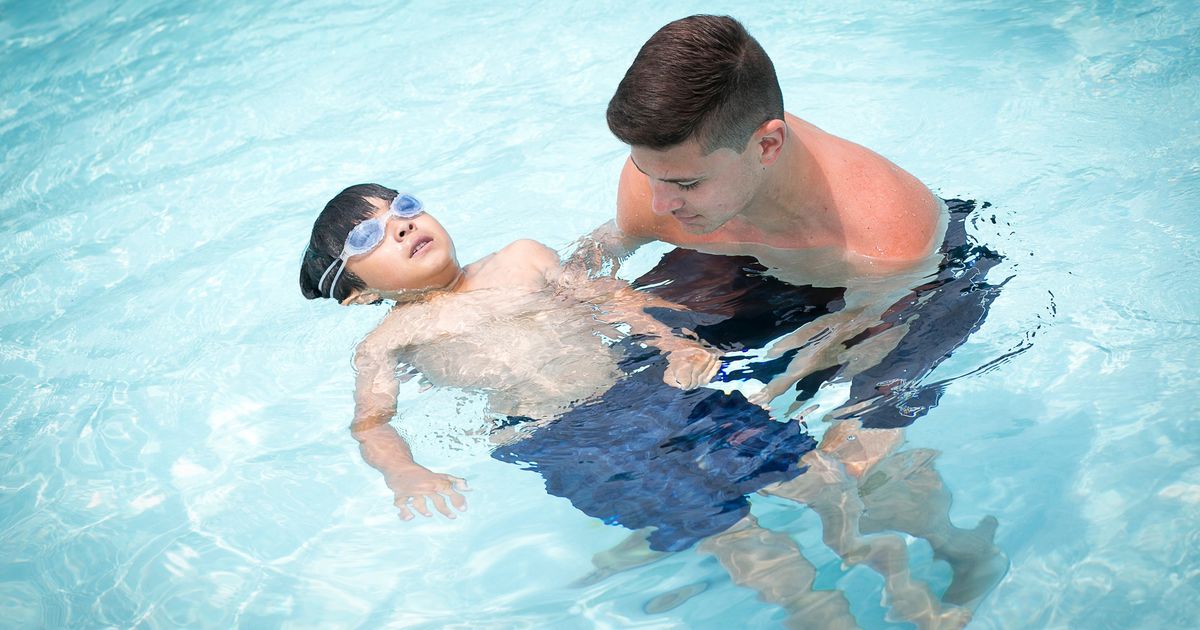
It’s completely normal for children to feel nervous or even terrified of water at first. The key isn’t to push too hard or give up, it's to go gently.
A patient instructor, small victories, and positive reinforcement can transform fear into fascination. Remember: courage grows in small ripples.
10. Knowing how to swim isn’t a lifetime guarantee.
This one’s crucial: even strong swimmers can drown.
Fatigue, injuries, disorientation, or sudden panic can turn a safe situation into an emergency in seconds. That’s why supervision is non-negotiable; children should always be watched near water, no exceptions.
For boating or water sports, a properly fitted life jacket is essential even for confident swimmers.
The Takeaway: Water Confidence, Not Complacency
Swimming lessons aren’t just another extracurricular activity, they're an act of love.
They give your child freedom, joy, and, most importantly, safety. But they work best when paired with vigilant supervision, safe environments, and respect for water’s power.
For more guidance, explore resources from the Centers for Disease Control and Prevention (CDC) or the American Red Cross, both of which offer free online courses and videos to help families stay water-smart.
Because in the end, every splash, giggle, and dive should lead to memories not tragedy.
What's Your Reaction?







